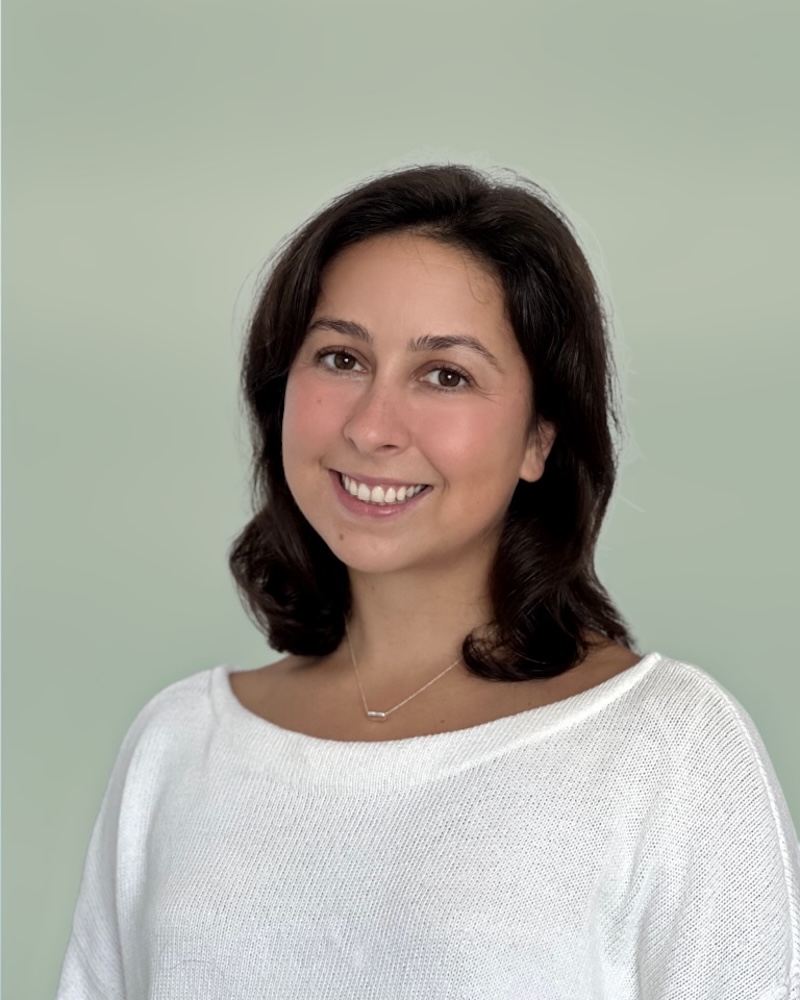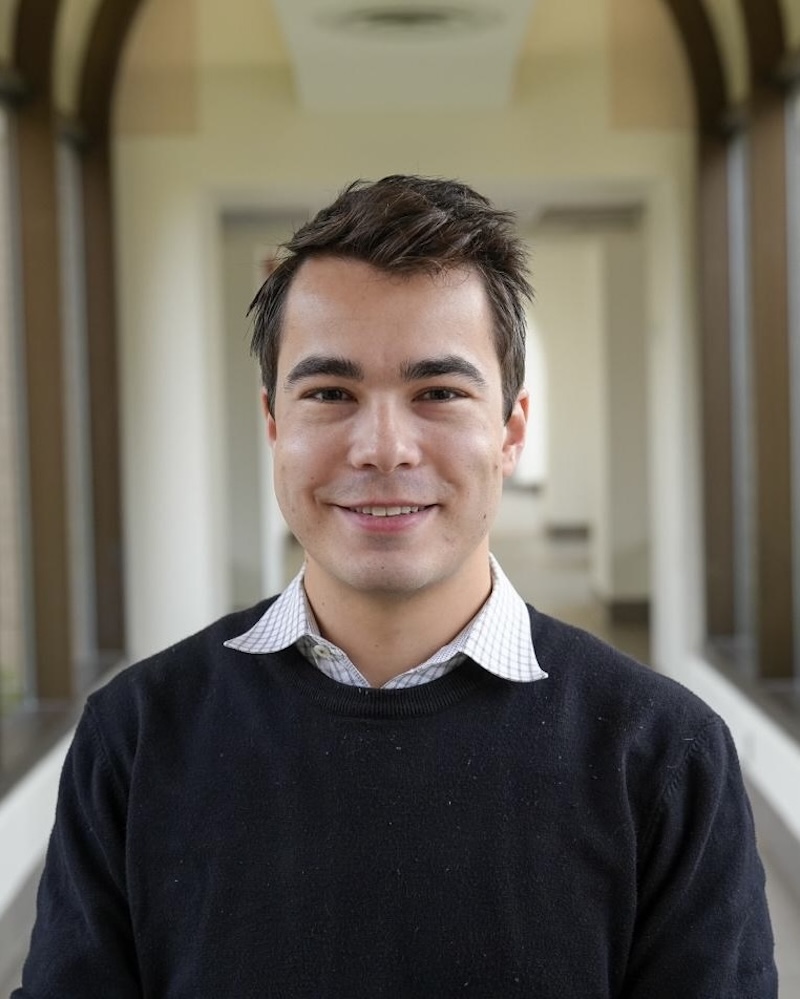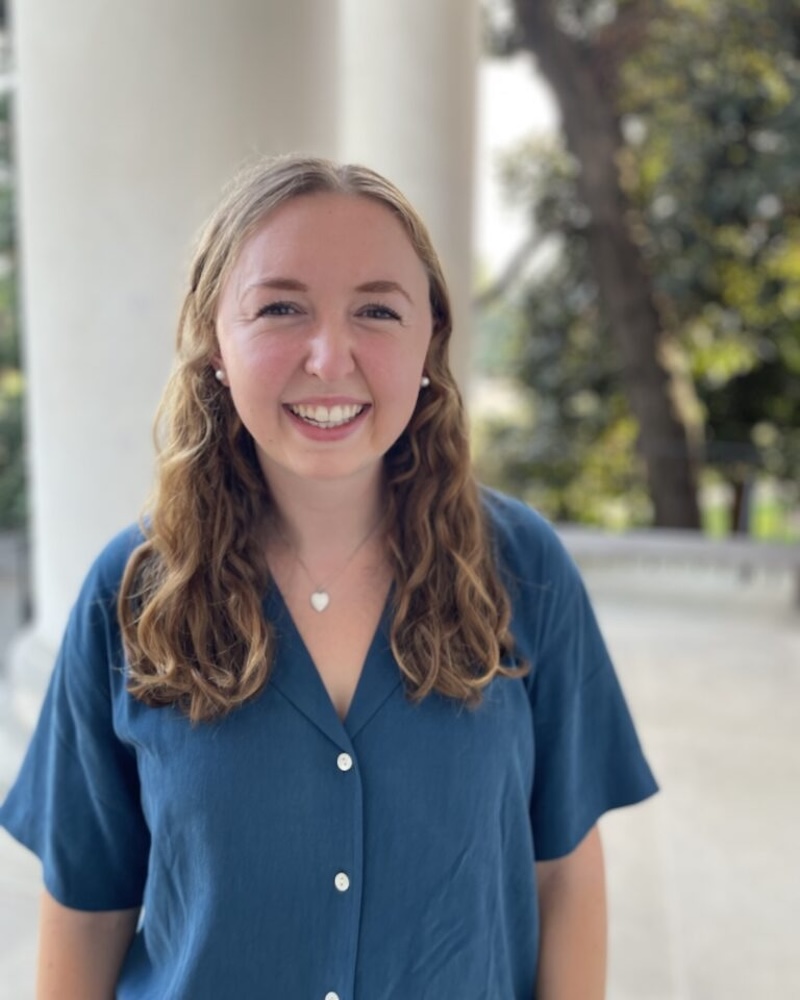The Student View
Updates From the SCCAP Programming Committee
The Student View
Updates From the SCCAP Programming Committee
By Katie Moskowitz, Will Morgan, & Annika Quam
SCCAP Programming Committee
The SCCAP Programming Committee aims to bring together students in the Division through engaging educational and training opportunities for student members. These events foster community and provide valuable insight and professional development for the attendees.
Our recent webinar on pre-doctoral internships featured an exceptional panel who shared their insights on navigating the internship application process. Dr. Amanda Jensen-Doss, Professor and Director of Clinical Training at the University of Miami’s Department of Psychology, brought her extensive experience in clinical training to the discussion. Dr. Jason Jent, Associate Professor of Clinical Pediatrics at the University of Miami Miller School of Medicine, offered valuable perspectives from his role as Director of Training for the Mailman Center for Child Development’s clinical child and pediatric psychology internship and postdoctoral programs. His dual roles as Assistant Director of the Mailman Center and training director provided unique insights into what programs seek in internship candidates. We also had two doctoral trainees on our panel: Nicholas Marsh, a doctoral candidate at the University of Maryland, College Park, shared his fresh perspective as someone who recently secured an internship position. Nick will be completing both his internship and postdoctoral fellowship at UCSF, where he will continue his research on ADHD interventions. Dr. Zohaib Jessani, a recent graduate who earned his PhD from The Catholic University of America, rounded out our panel with his experience completing his predoctoral internship in Pediatric Psychology at Mt. Washington Pediatric Hospital, affiliated with Johns Hopkins Medicine and the University of Maryland Medical System. Dr. Jessani provided valuable insights regarding common interview questions from his recent journey through the internship process.
Key Insights and Takeaways
Together, these panelists offered attendees a comprehensive view of the internship landscape from multiple perspectives as training directors, recent applicants, and newly minted psychologists, making for an informative and engaging discussion. They emphasized the importance of beginning the application process early and allowing ample time for multiple rounds of revision. Applicants were encouraged to start drafting materials in the summer of their application year and to carefully tailor each application to the unique characteristics of the individual programs, highlighting both relevant prior experiences and future career goals. Because timelines and interview processes can vary greatly across sites, applicants should remain flexible and organized. Information on timelines, brochures, and application materials can be found on the APPIC Directory.
For interviews, applicants should be prepared to discuss salient clinical examples, answer case conceptualization questions, and share how the site is uniquely suited to meet their career goals. Previous interns can serve as a valuable resource for learning more about a site’s culture and training experience. For those who do not match in the initial round, there are still many excellent opportunities available in the second match.
Some additional insights* include:
“An adjustment for students is [students] are so used to applying with this focus… ‘I’m awesome and you want me’, and that is true here, but [internship] is also a learning experience. It’s this balance of what you bring to the table, but also what you’re hoping to learn. That doesn’t mean that you have to have had this exact thing, but you do need to make a case as to why you’re a fit.” -Dr. Jensen-Doss
“Make sure that you take the time to take a look at those minimum requirements for internships. If an [internship] site is receiving hundreds of applications they may have automatic rule-outs. If for some reason by the time you’re applying, you’re close to meeting that requirement, and you would in the subsequent months, it might be worth reaching out to that training director just to see if you would still be considered [as an applicant for that site].” – Dr. Jent
“Before each interview a few days before I would brush up on the brochure and the program, and really try to tailor as much as I could…there’s always a balance of…[you don’t need to] perfectly overlap 100% with them, because you want to learn and have new experiences that they have something to offer you, but you should be a comfortable fit with them, where your foundation is a really strong overlapping foundation with them. And so showing that you’ve done that homework and that you fit there [is important].” – Nicholas
“Two questions that often came up in the interviews were: explain the background and theoretical orientation of the case that you are presenting, for example, why you chose this treatment approach. Pick a case or two that you think are some of the best things that you’ve worked on or learned through supervision. The second thing was to describe how you handled an ethical dilemma.” – Dr. Jessani
We are thankful to these panelists for taking the time to share their perspectives. All of the panelists are confident that the attendees will be able to successfully navigate the process and wish everyone the best of luck on their journey!
If you were unable to join us for the event, or you would like to re-watch the session, a recording of this webinar is available on the SCCAP website.
*Quotations edited for length and clarity.

Katie Moskowitz
SCCAP Programming Committee

Will Morgan
SCCAP Programming Committee

Annika Quam
SCCAP Programming Committee
More From Fall 2025
More From Fall 2025
President’s Column
By Regine Galanti, PhD
In Focus: Youth Suicide
By Julie Cerel, PhD
Expert Recommendations: Perinatal Mental Health
By Colleen Fields, PhD
APA 2025 in Denver: Giant Bear, Distinguished Career, & More
By Sarah Dickinson, PhD & Kelsie Okamura, PhD
The Student View: Updates From the SCCAP Programming Committee
By Katie Moskowitz, Will Morgan, & Annika Quam
Congratulations to Our Student Members on Graduation!
LEADing into the Future with SCCAP LEAD Institute
By Erlanger Turner, PhD & Marilyn Sampilo, PhD, MPH
SCCAP Election Results
SCCAP Seeks Nominations for Upcoming Board Positions
Positions Begin January 1, 2027
JCCAP’s 2025 Highlights
By Andres De Los Reyes, PhD
Update from SCCAP Representatives to APA Council
By Stephen Hupp, PhD & Mary Louise Cashel, PhD
SCCAP Fellows Committee Update
By Martha C. Tompson, PhD
Join Us in Shaping the Future of Membership!
By Nicole Lorenzo, PhD
New Procedures for Joining or Renewing SCCAP Membership!
AIRS SIG Update
By Elisabeth Frazier, PhD
Clinical Child and Adolescent Practice SIG Update
By Megan Lawson, PsyD, ABPP
Summer Treatment Program SIG Update
By Katie Hart, PhD & Sarah Tannenbaum, PsyD, ABPP
More From Fall 2025
More From Fall 2025
President’s Column
By Regine Galanti, PhD
In Focus: Youth Suicide
By Julie Cerel, PhD
Expert Recommendations: Perinatal Mental Health
By Colleen Fields, PhD
APA 2025 in Denver: Giant Bear, Distinguished Career, & More
By Sarah Dickinson, PhD & Kelsie Okamura, PhD
The Student View: Updates From the SCCAP Programming Committee
By Katie Moskowitz, Will Morgan, & Annika Quam
Congratulations to Our Student Members on Graduation!
LEADing into the Future with SCCAP LEAD Institute
By Erlanger Turner, PhD & Marilyn Sampilo, PhD, MPH
SCCAP Election Results
SCCAP Seeks Nominations for Upcoming Board Positions
Positions Begin January 1, 2027
JCCAP’s 2025 Highlights
By Andres De Los Reyes, PhD
Update from SCCAP Representatives to APA Council
By Stephen Hupp, PhD & Mary Louise Cashel, PhD
SCCAP Fellows Committee Update
By Martha C. Tompson, PhD
Join Us in Shaping the Future of Membership!
By Nicole Lorenzo, PhD
New Procedures for Joining or Renewing SCCAP Membership!
AIRS SIG Update
By Elisabeth Frazier, PhD
Clinical Child and Adolescent Practice SIG Update
By Megan Lawson, PsyD, ABPP
Summer Treatment Program SIG Update
By Katie Hart, PhD & Sarah Tannenbaum, PsyD, ABPP
